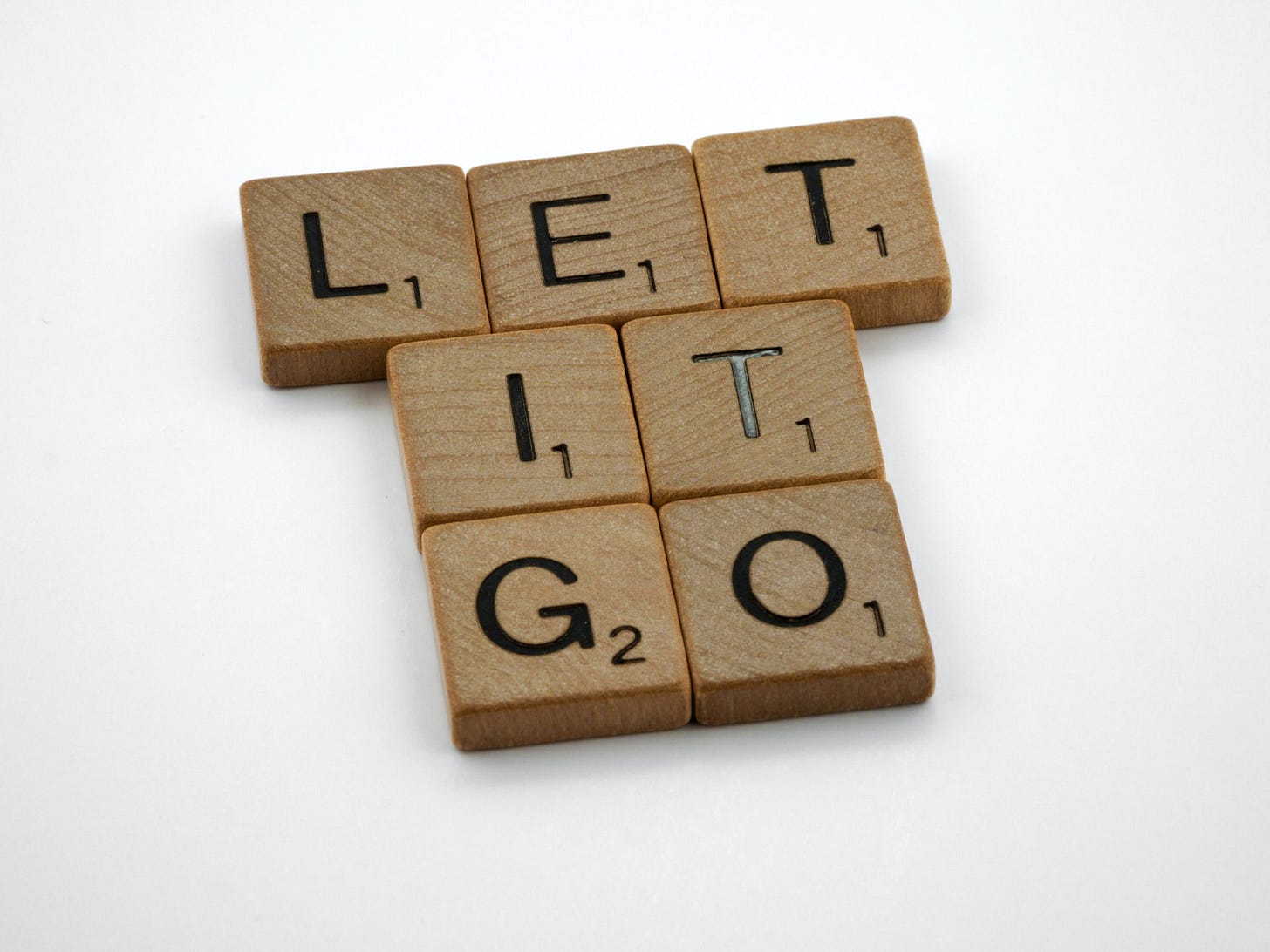
One Sunday last year, it was my turn to admonish the congregation during our Sunday worship service. My mum was in attendance. One of my illustrations was a throwback to an instance of my mum spanking me mildly. That was in my pre-teen years. That was in the early 1970s, and I can’t remember any other time she ever disciplined me this way.
Back then, mama had many approaches to straightening her seven boys of whom I am number one. Her favorite mode was to shine her eyes in laser light focused on me. A brief concentrated glance from her was all her truculent boy needed to melt like butter on a hot pan.
These days, using the same approach on my kids (now adults) only meet with pouts and rebuffs. They quickly shrug me off with, “I don’t know why daddy is always looking at me in that way. I don’t just like the turn of his face.”
Just back from school on one of those old days, I overstepped my bounds — taking more than my share of the juicy family soup. Of course, my pilfering was discovered. I was duly served with some strokes of cane to my rear side as punishment. I never repeated that malfeasance throughout my preteen years.
Reminiscing on this with her and later before the congregation, she was effusive with apologies asking me to forgive her. My reply was, “Ha maama, you don’t need to ask for my forgiveness. All you did then was to straighten me out. And I’m so glad you did. Otherwise, I might have grown up to be worse than crooked today.“
Forgiveness: What it is.
Forgiveness means letting go of anger and resentment. The person forgiven no longer have to suffer retribution or punishment for the hurt they caused or the law they broke. The Greek root word for forgiveness means “to let go”. That is pardon. As in a debtor permitted to go free, completely absolved of his debts.
In the Holy Bible, we read,
Blessed is the man to whom the LORD does not impute iniquity, And in whose spirit there is no deceit. Psalm 32 : 2
We all need forgiveness from God for our sins and moral shortcomings. We also need forgiveness from others and the society at large. Many times, we also need to forgive ourselves as well. Many ills in our societies have their roots in unresolved guilt, and lack of forgiveness.
Without forgiveness, wrongs would fester unhealed and go from bad to worse. Otherwise, “little wrongs” can metastasize until communities get addicted to cycles of mutually assured destructive recrimination. Life and living become unbearable for all — both the victims and the victimizers.
Forgiveness is the way out. As the late Rabbi Sacks astutely puts it,
There are rare moments when the world changes, and new possibility is born . . . . The birth of forgiveness is one such moment. It is one of the most radical ideas ever to have been introduced into the moral imagination of humankind. Forgiveness is an action that is not a reaction. It breaks the cycle of stimulus-response, harm and retaliation, wrong and revenge, which has led whole cultures to their destruction and still threatens the future of the world. It frees individuals from the burden of their past and humanity from the irreversibility of history. It tells us the enemies can become friends.
~ Rabi Sachs
Without forgiveness and its liberation from the past, there can be no change, no growth, and no fruitful maturity — as thinkers, as individuals, as citizens, and as nations.
And what if you don’t forgive?
We all need forgiveness — give and take. Otherwise, mankind will ultimately, mutually self-destruct.
Forgiveness — The Flipside
Writing on Medium, author Johnny Silvercloud righteously raved against what he described as “pathological forgiveness” and bids the Black community to beware of it. He described pathological forgiveness as “this toxic, self-defeating behavior we have within the Black community where we announce forgiveness publically, often reflexively in the wake of white racial terrorism.”
This piece is not to stoke the fire of racism, but I agree with him that “Forgiveness doesn’t work if the person in question isn’t held accountable for their actions, nor does it work when they figure they did nothing wrong.”
Forgiveness isn’t sweeping hurts, wrongs, and sins under the carpet of our consciences. It is not pretending that what the offender did was all right. Neither is forgiveness, overlooking or pretending that those hurts, never happened.
Forgiveness in action
Forgiving others is not always easy. But we must forgive others if we expect to receive forgiveness from God and others. All the more so as each one of us might have been hurtful to others in the past — knowingly or otherwise.
When we forgive, we let go of resentments. We no longer waste our emotional and mental energy and material resources on seeking revenge or payback for the offender.
When we forgive, we live the past behind and move forward. The harmful effects of past hurts done against us may or may not have been eliminated. Nevertheless, we do not let the bitterness of internal acrimony of unforgiveness steal our joy and peace. Herein lies the healing power of forgiveness.
But if you do not forgive men their trespasses, neither will your Father forgive your trespasses.
Matthew 6 : 15
Will you rather forgive and become whole or self-destruct by unforgiveness?
Sources
Copyright by ©Os Guinness; The Magna Carta of Humanity: Sinai’s Revolutionary Faith and the Future of Freedom, Inter Varsity Press, 2023
Jessica Oberreuter; Learning How to Forgive: 8 Steps to True Forgiveness
Thank you for reading.
Connect with me on Discord or Reddit to share your insights.
Originally published in Muse2Muse.



